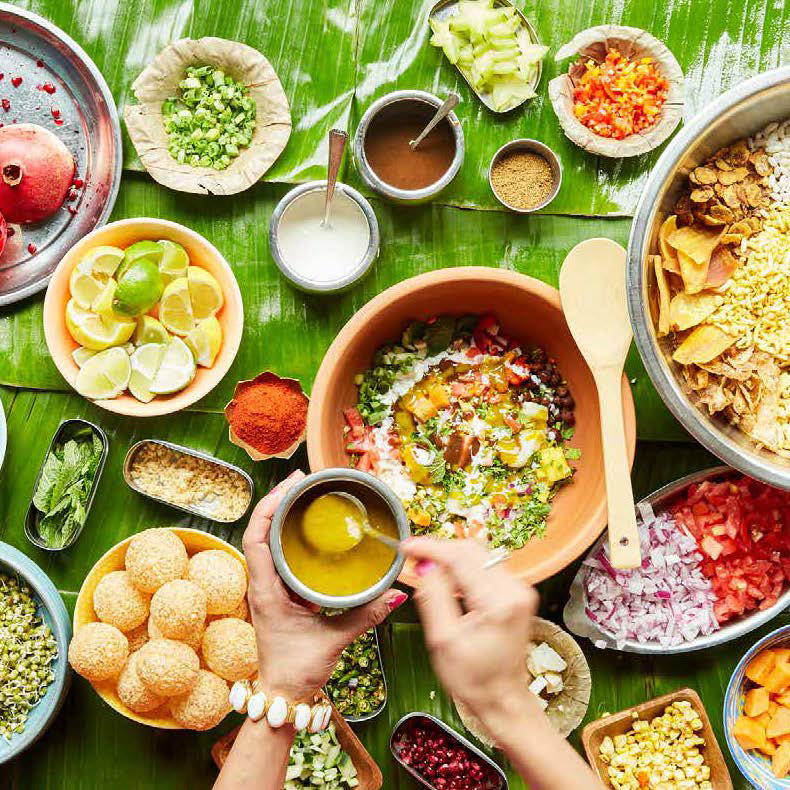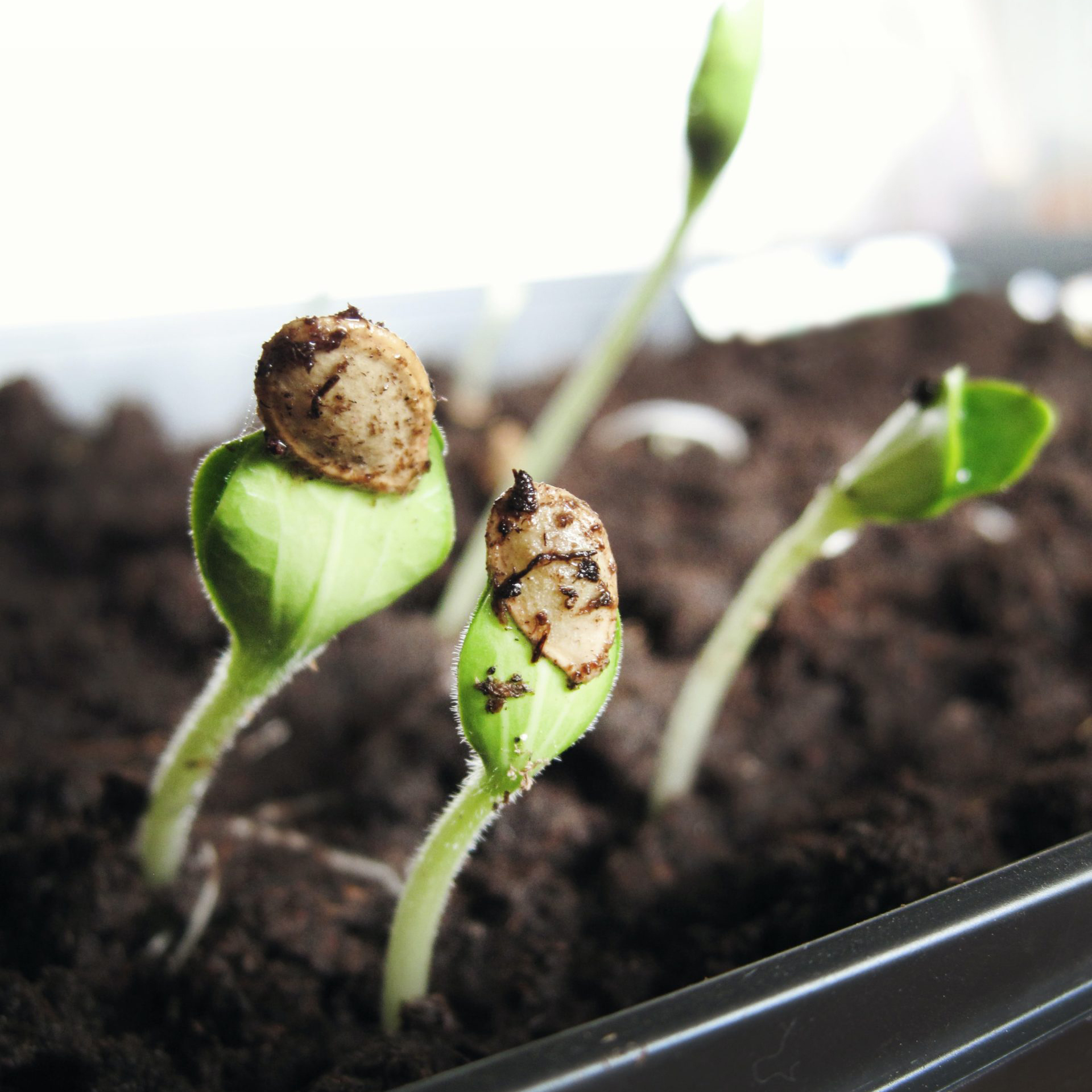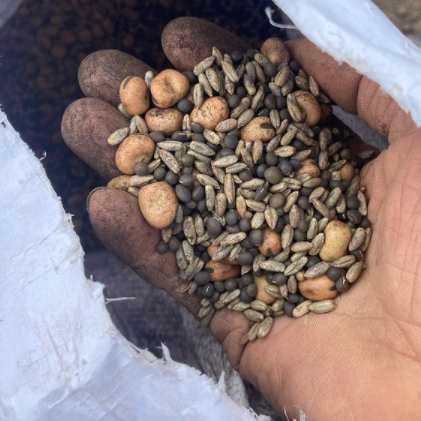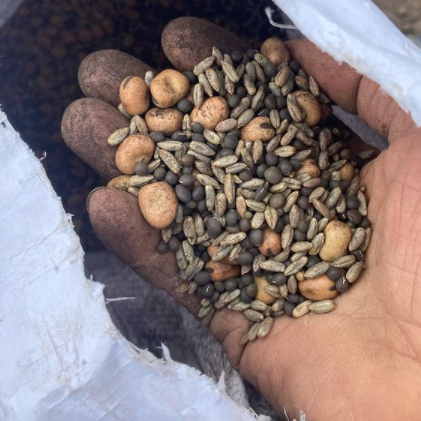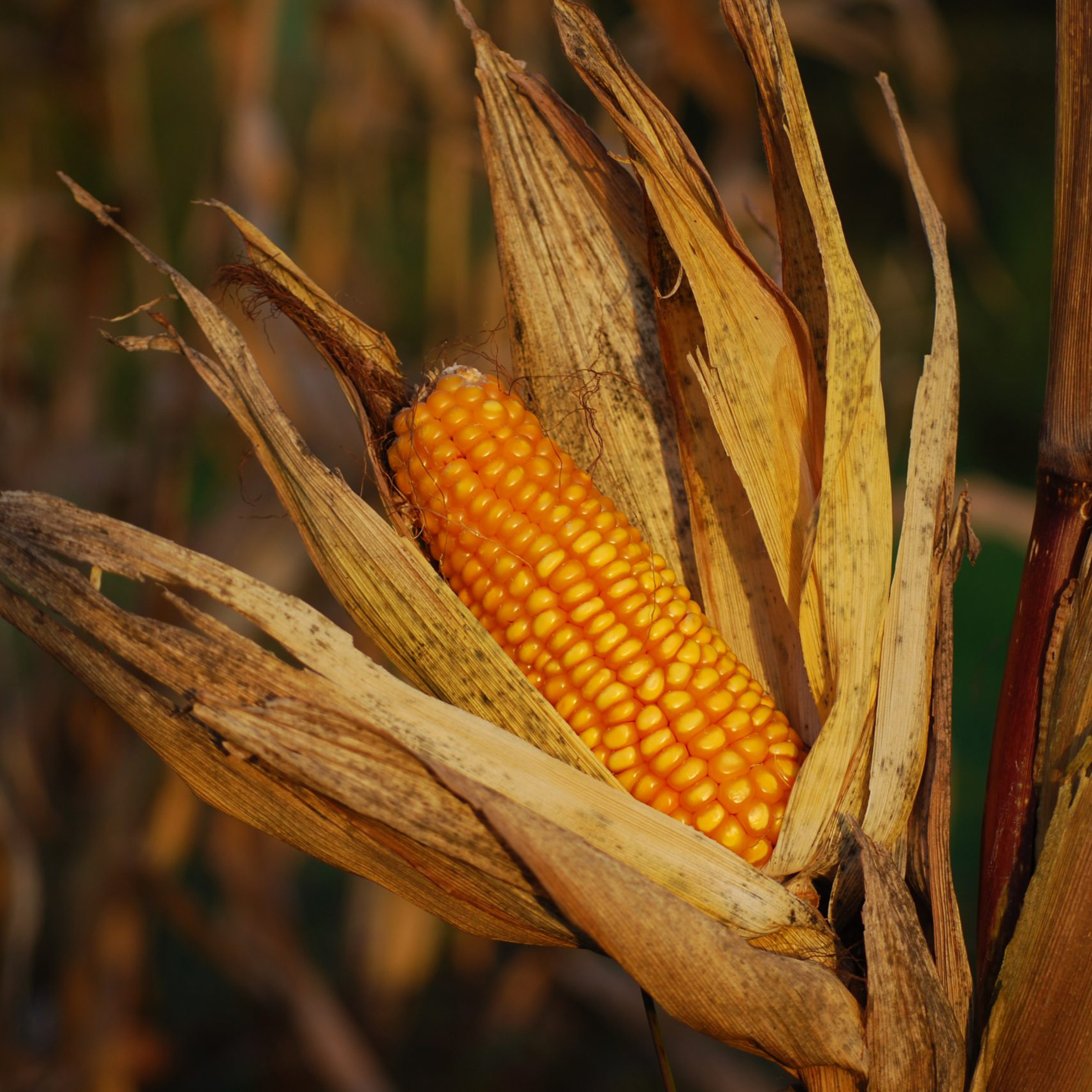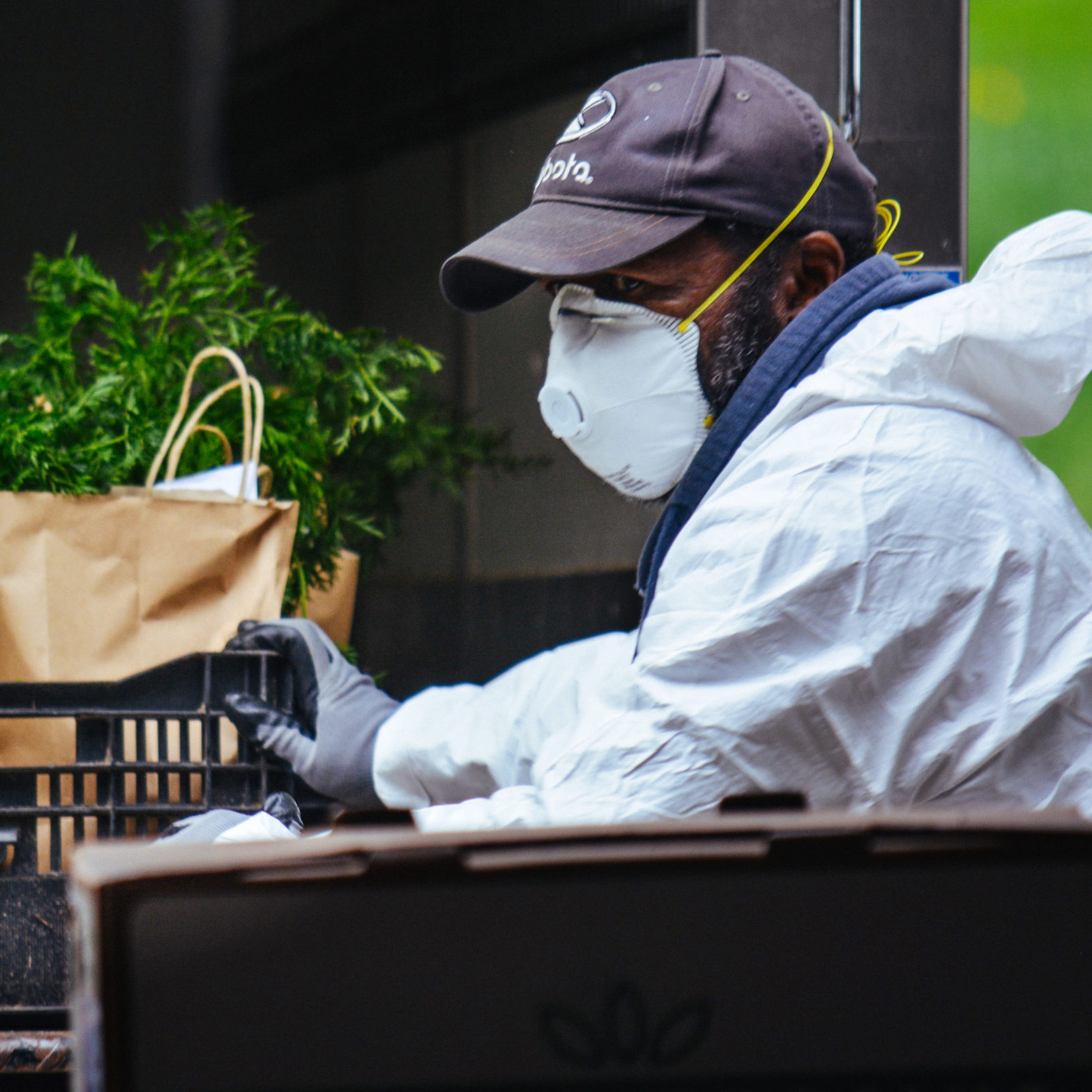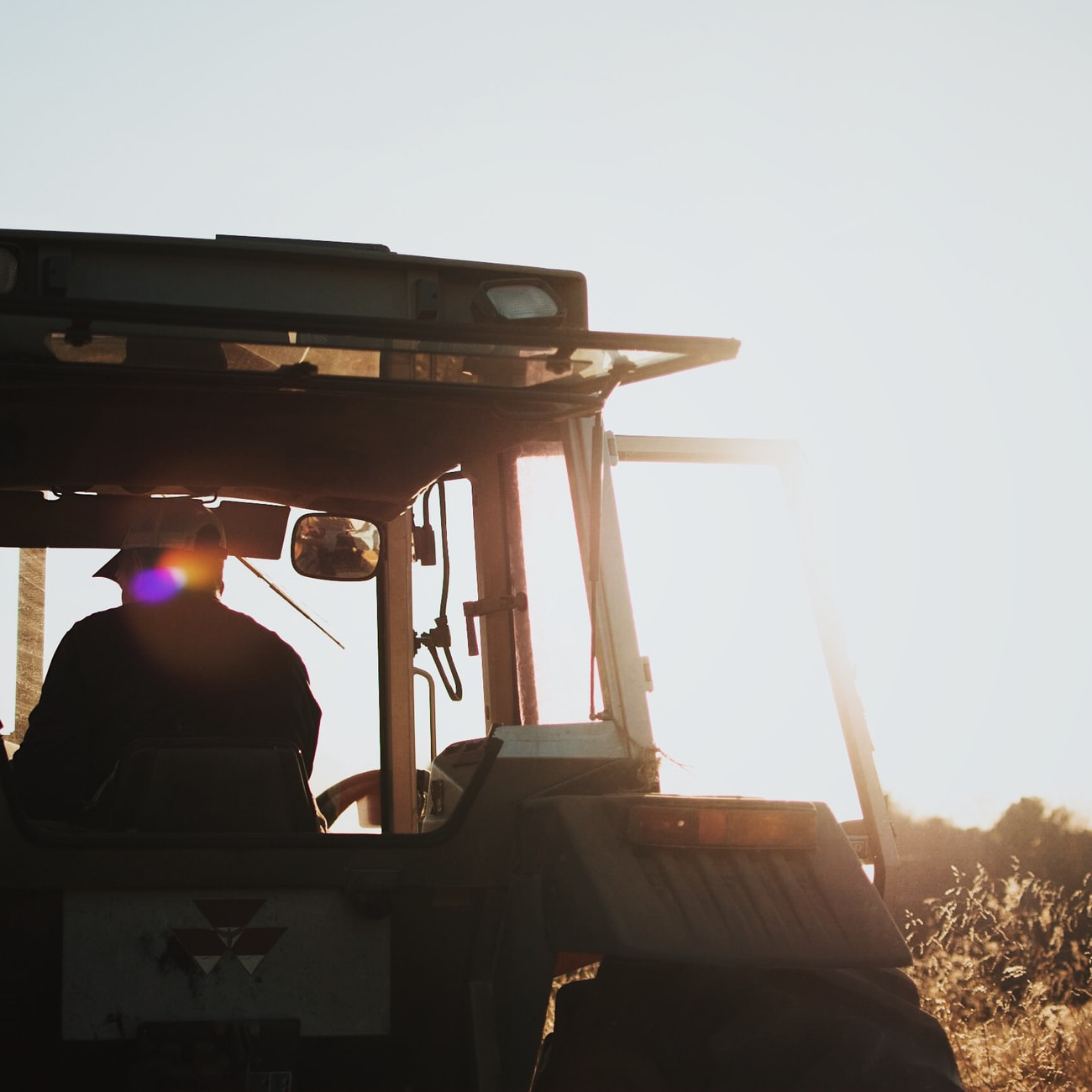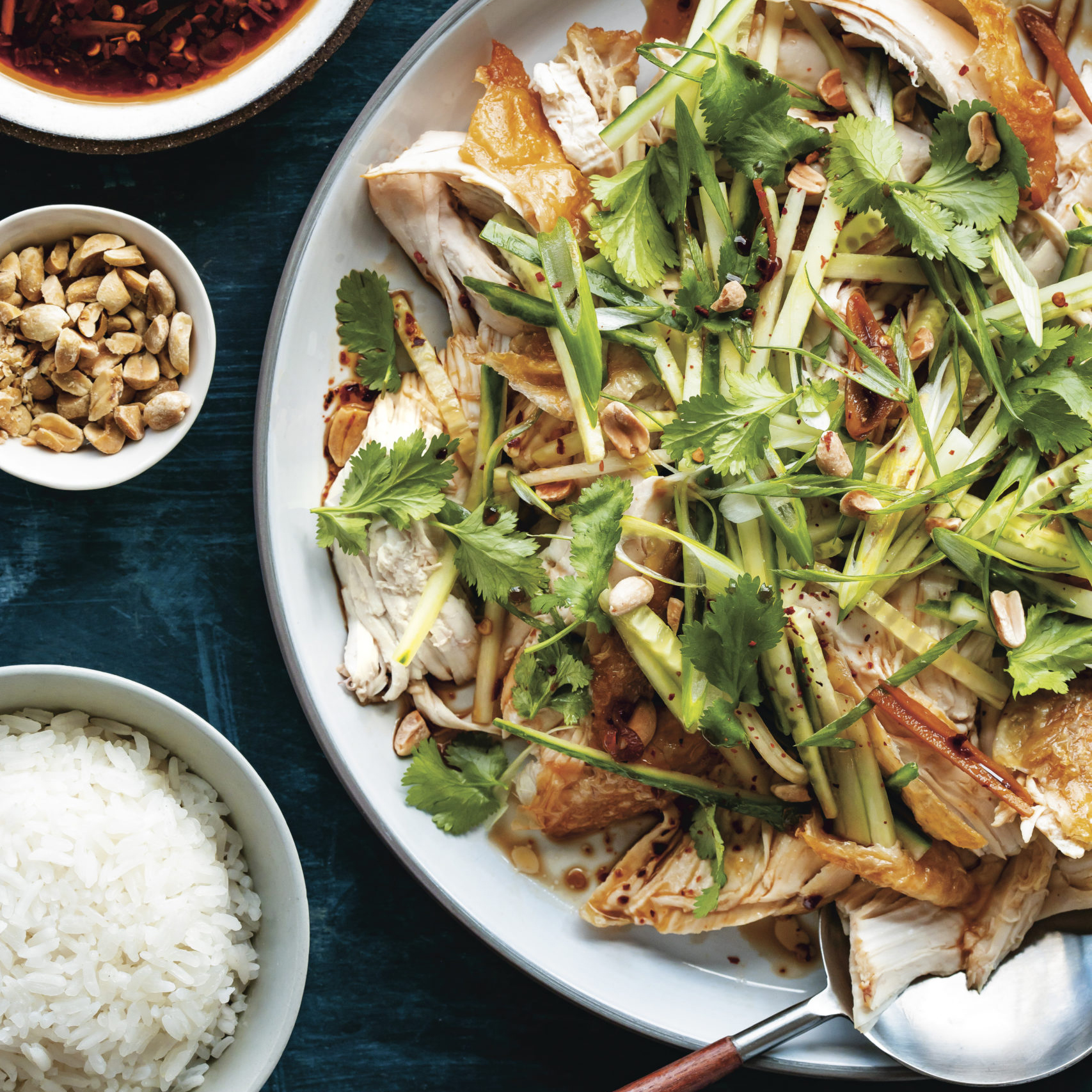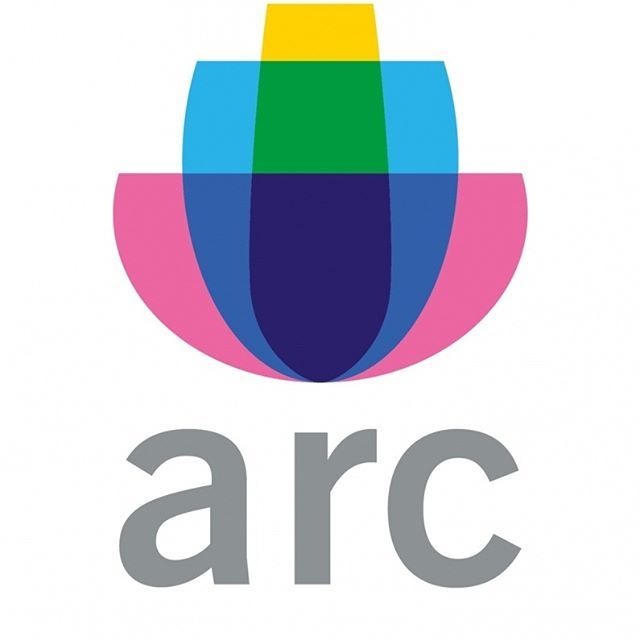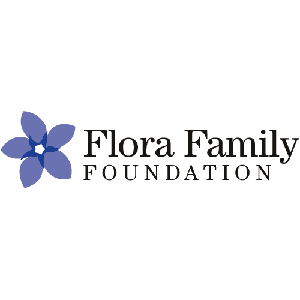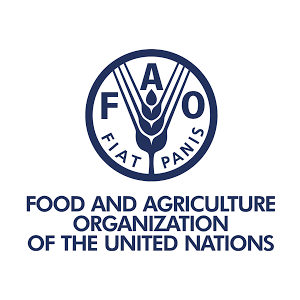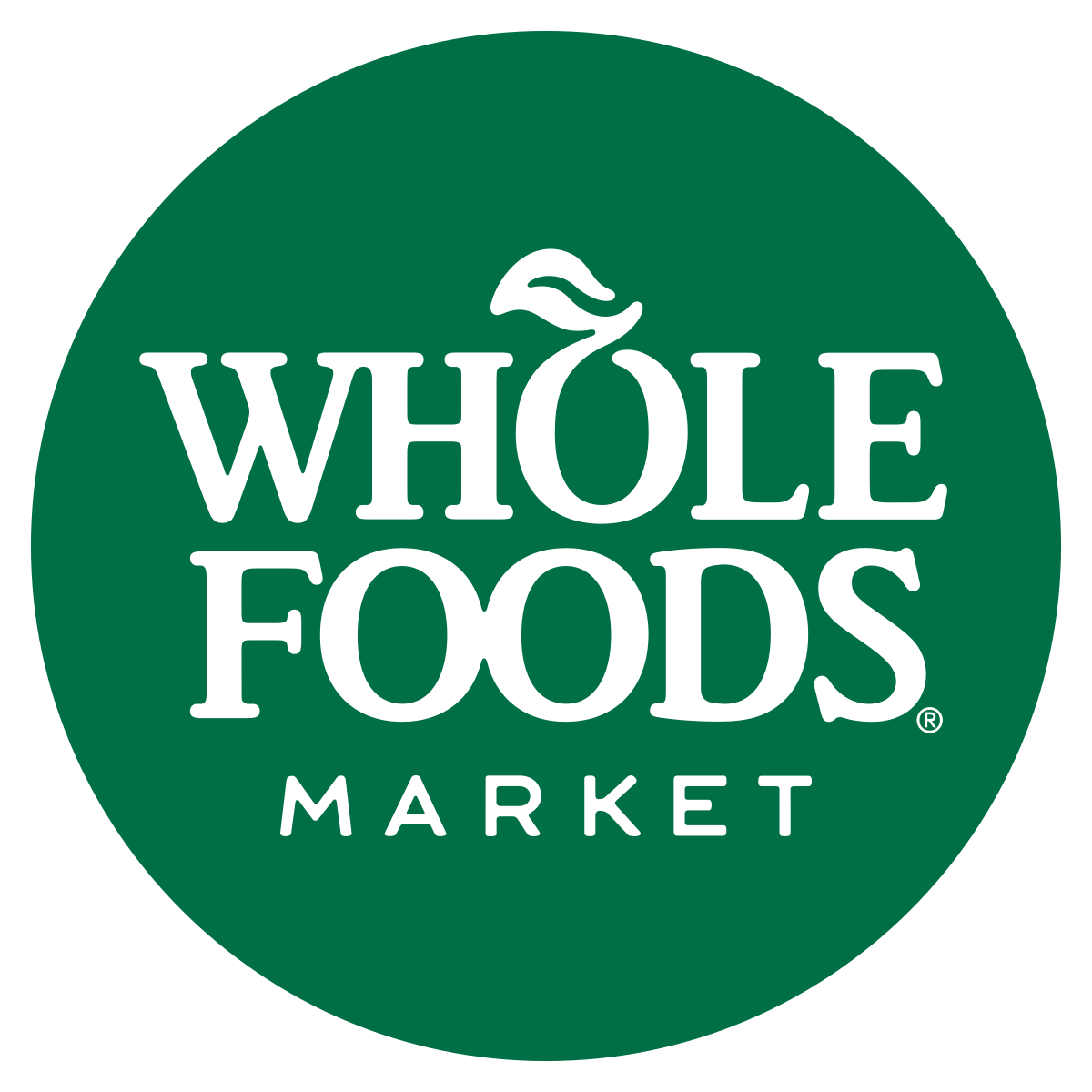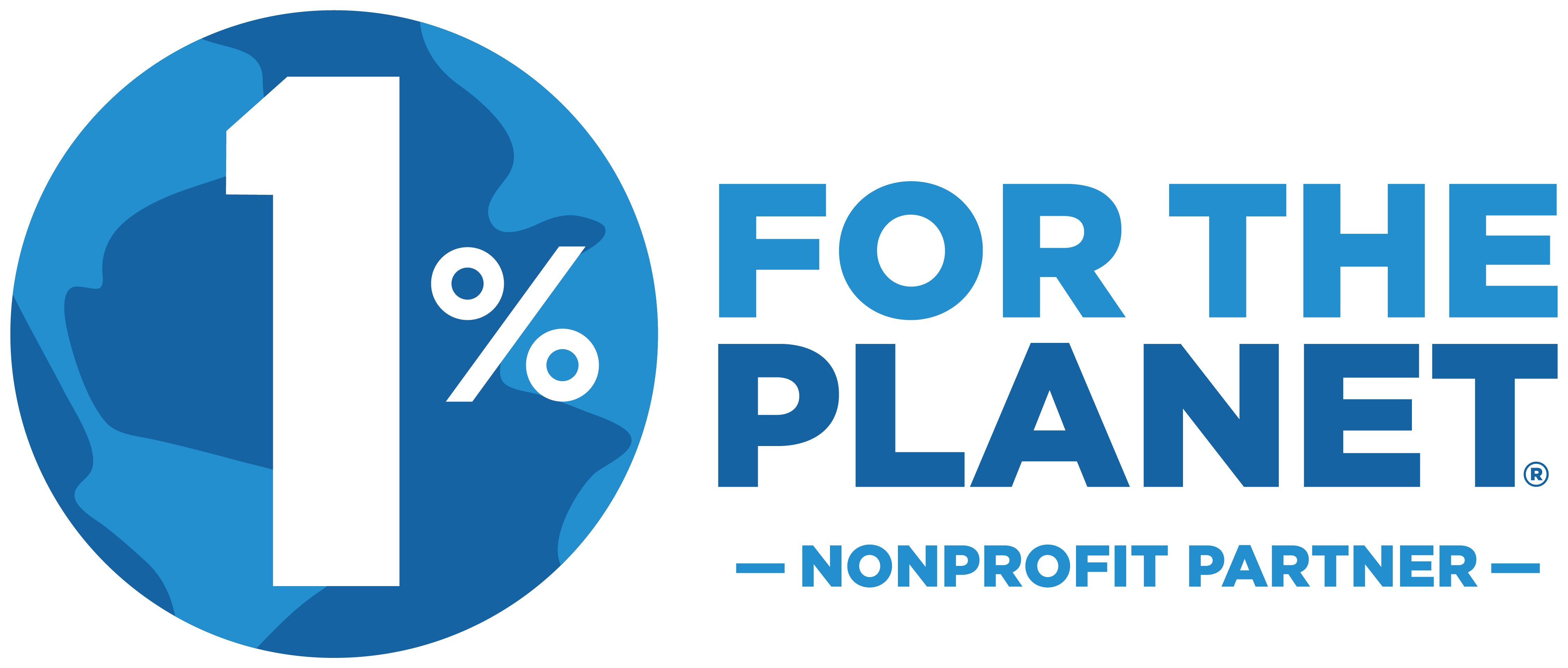2020 annual report
RESILIENCE
IN ACTION
slowing down
In 2020, we went through a major rewiring of our lives. We lost dear friends and businesses, reconfigured both work and education, and marched in the streets demanding racial justice. And we reoriented Slow Food USA right along with it all. We canceled our major Slow Food Nations festival and all regional gatherings, and we moved other events online. We launched a relief program called the National Resilience Fund and started Slow Food Live, a virtual series celebrating Slow Food values.
As our lives and work continue to shift, we are keenly aware that cultivating strong relationships is the only way forward.
Centering relationships means slowing down and building stronger ties. It means cultivating trust among Slow Food leaders. It means centering Black, Indigenous and People of Color, who have often experienced the Slow Food movement as an exclusive club. It means examining our internal policies and strategies to see how we may truly activate our equity, inclusion and justice manifesto. It means mixing joy and justice as we share meals and tell stories.
Thank you for all you have done to grow the Slow Food movement, even as so much slowed down in 2020. Read on to learn how we persevered and supported each other in an indescribable year.

Anna Mulé
Executive Director, Slow Food USA

Lee Xiong, Slow Food East Bay at Sister Farms, a National Resilience Fund recipient
recommitting to racial justice
Like so many individuals and organizations, Slow Food USA responded to the brutal murders of George Floyd, Breonna Taylor, Ahmaud Arbery, and too many other Black Americans by charting a path toward racial justice within and around our movement. As the national office, we know we need to lead our network’s efforts to dismantle systems of oppression. We revisited the Equity, Inclusion, and Justice Manifesto and outlined 11 initial action steps in June 2020.
We recognize that this is an ongoing journey, and we continue to examine and to evolve our policies and work to dismantle racism and all other forms of oppression.
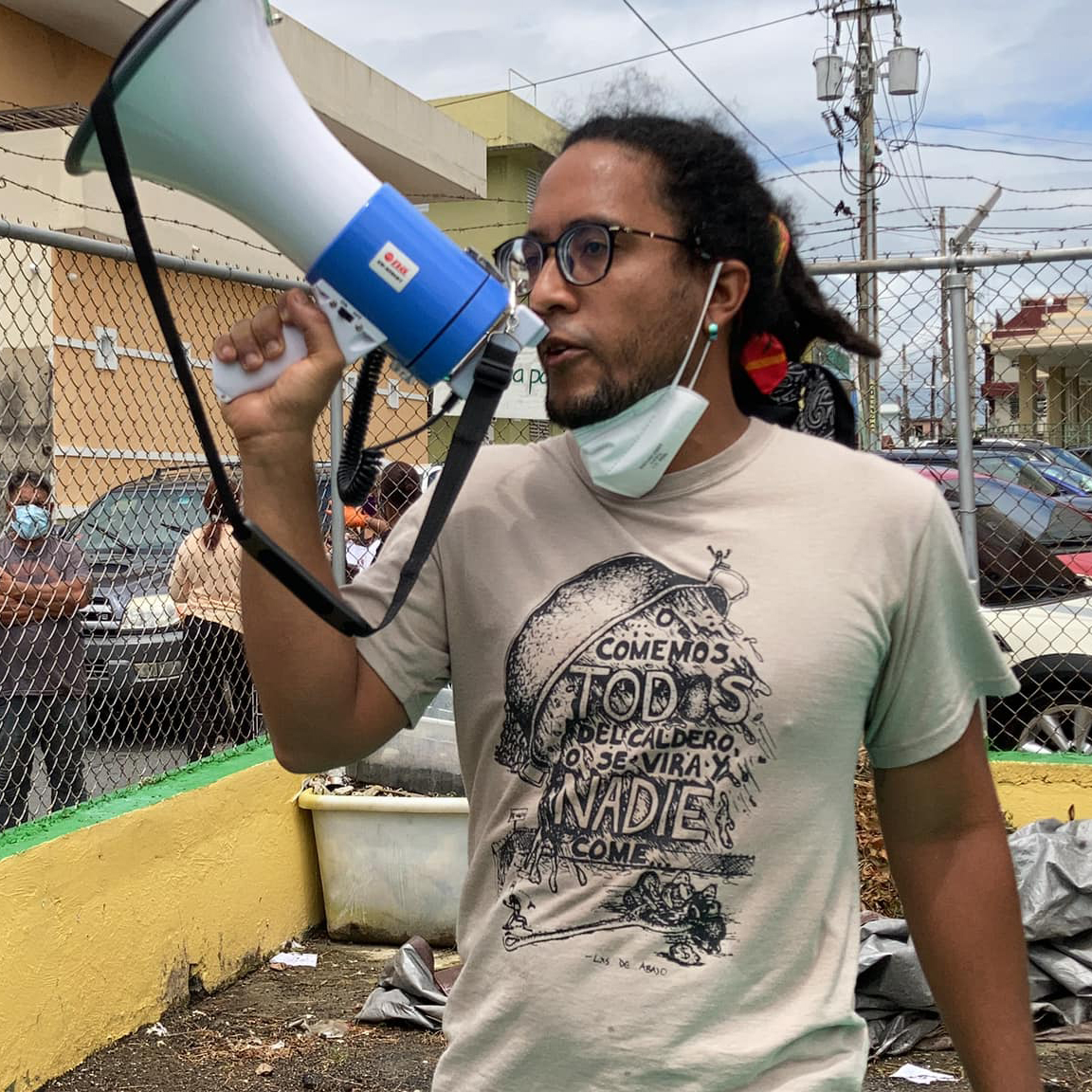
chapters made racial justice action plans in 2020
SLOW FOOD NORTH LOUISIANA
“The Shreveport-Bossier Convention and Tourist Bureau in July 2020 launched a website featuring Black-owned restaurants, and Slow Food North Louisiana will create a companion online inventory of BIPOC-owned farms and food producers that will live on our website. We will also endeavor to source from this list as much as possible when we are hosting Slow Food events that involve shared meals.”
SLOW FOOD DALLAS-FORT WORTH
“We will provide opportunities to highlight BIPOC Voices to raise DFW community awareness of both important and valuable people and programs in the community for at least 75% of the offerings (via educational events, social media and newsletter).”
responding to covid-19
SUPPORTING SURVIVAL AND RESILIENCE
Between individual donors, companies and foundations, we raised over $90,000 USD in 2020 and distributed grants to 38 projects throughout the country. The fund is designed to give direct financial support to vital businesses and workers in community-based food systems, through local Slow Food chapters and groups. By injecting extra funds to local community initiatives that most need support, we help them survive the COVID-19 crisis and build resilient economies and communities for the future, with good, clean and fair food front and center.
Sharing wisdom across our network — Live
Slow Food Live brings Slow Food into your home with free webinars and conversations led by experts in a skill or topic that you can join from anywhere on your digital device. We hosted 50 sessions between March and December, with a wide range in topics, from cooking dumplings, to starting seeds, to the history of southern food. Over 4000 people registered for these sessions in 2020, and our extensive video library archive is still being viewed.
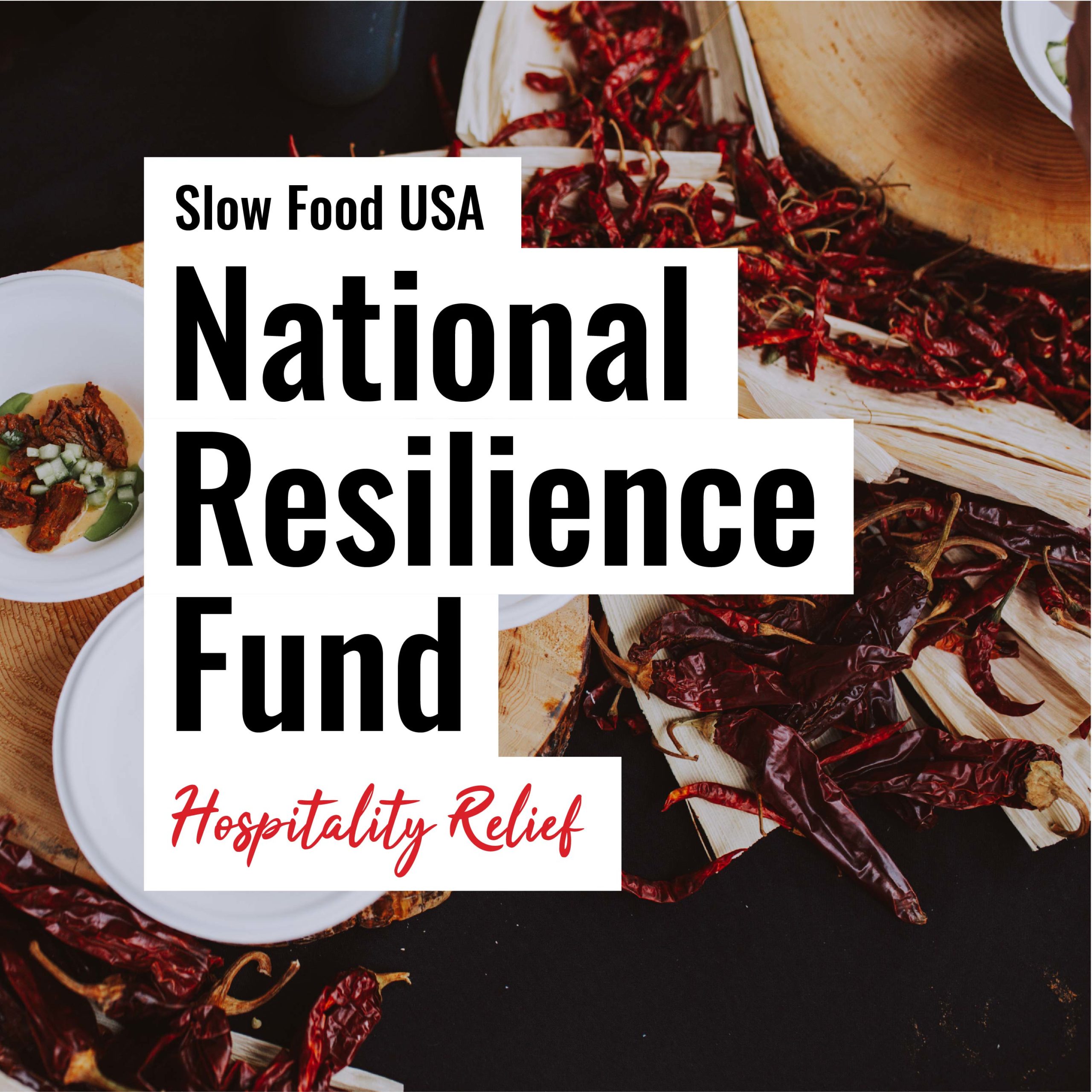
dollars raised for the national resilience fund
grants distributed throughout the US
SLOW FOOD EAST END
Our Long Island, NY chapter offered resilience grants to 20 local businesses, such as food producers and farmers. They also made donations to five of their Snail of Approval awardees to help them in the toughest moments of the pandemic.
Slow Food Turtle Island Association
At the start of the COVID-19 outbreak, programs providing food to our Native American elders were shut down. Chef Brian Yazzie has teamed up with local Native volunteers, including the staff of the Gatherings Café at the Minneapolis American Indian Center to create project #FeedingOurElders, which utilizes donations from around the city and country to provide healthy lunches for the Indigenous elders in the Twin Cities area of Minnesota.
LEARNING FROM OUR CHAPTERS
SLOW FOOD st. louis
Slow Food St. Louis responded quickly to local farmers suffering due to markets shutting down during the height of the COVID-19 pandemic. They hosted a fundraiser and donated to 16 BIPOC farmers seeking support. Slow Food St. Louis also hosted a fundraiser to raise funds for a local food bank providing meals.
SLOW FOOD atlanta
In March 2020, Slow Food Atlanta partnered with Tandem Quilting, a refugee makers group, to sew masks for Restaurants. Slow Food Atlanta supplied Face Masks to 60 Black-owned Restaurants. At that time there was a severe shortage of masks available to
restaurant workers.
SLOW FOOD DC
In November, Slow Food DC board member Mark Haskell curated and moderated a virtual Humanitini panel discussion about DC food roots and culture. The 90-minute event, titled Our Newest Roots Joining the Mother Roots, explored how new African influences are affecting DC’s established African roots.
National programs
making an impact
virtual leader summit
Our annual gathering of chapter leaders, governors and volunteers shifted to a virtual setting, setting a stage for 24 panel discussions, educational sessions and workshops designed to strengthen the movement.
Our sessions focused on four domains in 2020: programming, communications, leadership and fundraising. We featured a conversation about equity, inclusion and justice featuring Jovan Sage, Denisa Livingston and Jim Embry and a roundtable show-and-tell session about programming that chapters had either started or dramatically altered in 2020.
plant a seed
The Plant a Seed campaign invites school garden educators and individuals to bring biodiversity, flavor and history into their gardens. Each year, we put together a cast of endangered and biodiverse seeds that tell a story. In 2020, we distributed 702 kits to chapters, school gardens and individual gardeners.
For schools that shut down due to COVID-19, some teachers started the seeds and shared the seedlings with their students. Others continued to work in their gardens over the summer. We also broadened our outreach and shared seeds with the Navajo Nation and community groups who requested donated seeds.
slow food usa by the numbers


local chapters

campus chapters

members and donors
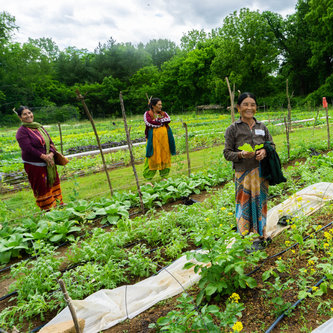

organizations that chapters partnered with

working groups

plant a seed kits distributed
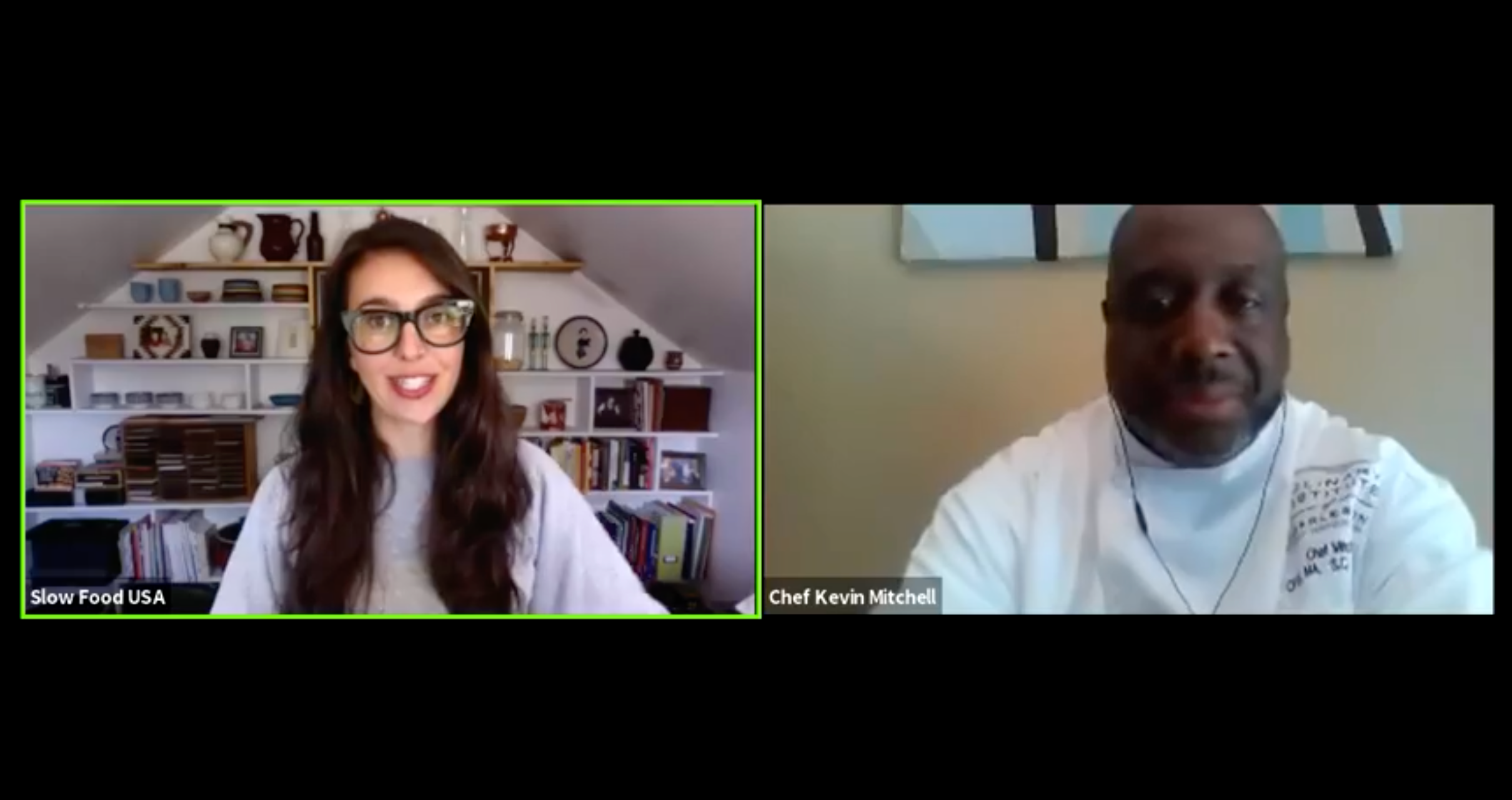

newsletter recipients

slow food live episodes

@slowfoodusa instagram followers
revenue and expenses
Audited numbers represent fiscal year 2020, spanning Jan. 1, 2020 to Dec. 31, 2020. Review our full 990 here.
Hover over the charts below for detailed information.
TOTAL REVENUE: $629,430
Membership: $169,550
Grants: $135,000
Events & program fees: $71,487
TOTAL EXPENSES: $728,633
Programming: $637,134
Administration: $62,144
Fundraising: $29,355
meet our team
In the midst of global change and upheaval, we closed our physical office in Brooklyn and are now a permanently remote team. This new era makes it all the more important to intentionally build relationships and support one another.


2020 National office team
Aviv Aviad
Caroline Cullihan
Stephanie Goldfien
Giselle Kennedy Lord
Daniel Leipow
Deborah Nares
Alison Macbeth
Aliza McHugh
Dan Mueller
Anna Mulé
Melanie Monroy
Krista Roberts
Emily Jean Thomas
Lara Vann-Dagenhardt
Felix Wai
Vivian Whitney
Chanowk Yisrael
2020 Board of directors
Ben Burkett
Alessandro d’Ansembourg
Paolo Di Croce
Kate Krauss
Laura Luciano
Kevin Mitchell
Tomoko Miyahara
Jon Schlegel
Julie Shaffer
Joel Smith (chair)
Kathryn Lynch Underwood
Ed Yowell
HONORING OUR DONORS
Thank you for supporting us through a difficult year.
Our members, donors, foundations, and corporate partners fuel the Slow Food movement here in the US, where we need to make significant shifts in food systems to ensure that food is good, clean and fair for all. We appreciate your support and trust in leading this work.
$25,000+
Anonymous
Flora Family Foundation
GRACE Communications Foundation
$10,000-$24,999
Anonymous
Campari America
Davines North America
Roy A. Hunt Foundation
Julie Shaffer
Slow Food San Francisco
Whole Foods Market
$5,000-$9,999
Arc Cardinal
Brenda Brodie
Robert Tod Chubrich
Clif Bar Family Foundation
Cultures of Resistance Network Foundation
FAO Liaison Office for North America
Jaideep and Rachel Khanna Foundation
Tomoko Miyahara
Russell’s Reserve Bourbon
Slow Food East End
Joel Smith and Terra Brockman
John Stewart III and Ramon Torres
$1,000-$4,999
Pamela Alexander
Anonymous (2)
Tracy Bizelli
Justine Cassell
Jeff Chandler and Donna Morea
Community Foundation Boulder County, The Flagg Family
Laura Donnelley
Thom Duncan
Food/ocracy
The Jones Family
Lynne Frame and Richard Hoskins
GrowFood Carolina
Farm Aid
Ellen Kirsh and Tony, Elizabeth, Alex and Victoria Clifford
Dominik Kundel
Pamela Lichty
Claire Lubke
Christopher Jeffrey and Laura Luciano
Tom and Kristina Montague
Muriel Mora
Russell Nelson and Leonard Lanzi
Sisi Nimbus
The Pittsburgh Foundation
Christopher and Caitlin Rorer
Selina Rossiter and Sandy Colhoun
Jileen Russell
Sitka Salmon Shares
Slow Food Austin
Slow Food Charleston
Slow Food Chicago
Slow Food Dallas
Slow Food Houston
Slow Food Huron Valley
Slow Food Russian River
Slow Food San Francisco
Solberg MFG
Southern Glazer Wine and Spirits
T Buck Suzuki
Rick Theis and Carolyn Johnson
Tremilo
Jessica Valdespino and John Moussouris
Wendy Weaver
$500-$999
Randall and Carolyn Abney
Alla Grande
Anonymous
Patricia Bolton
Jim and Elaine Brett
Lolita and John Casazza
Peter de Garmo
Dock to Dish
Mark Feichtmeir
James Fritz
Joseph Grimaldi
Imbibe Media
Lisa Joy
Phyllis Kind
Rajiv Kohli
Jeanne Kuntz
Sara Lampert
Deborah Manjoney and T. Stanwyck
Jon Marsh
Nora Morgenstern
Meg O’Shaughnessy
Shelu Patel
Carrie Peacock
Lynn Phillips and Warren Bakken
Michael Pollan and Judith Belzer
Robert Reese
Jeremy Schmutz and Jane Grimwood
Slow Food California
Slow Food Sonoma County North
David and Lucinda Shields
Gary and Susan Spoto
Kristen Tsukushi
Marc Udoff
Edwin and Grace Yowell
$250-$499
Angie, Leslie and Ayla Acakpo-Satchivi
Elisa Joseph and Jenna Anders
Lynn Phillips and Warren Bakken
Michael and Jo Anne Bander
Ann Berdy
Paul Bernstein
Janis Boettinger and Eugene Schupp
Cindy Brickman
Eleanor Briggs
Alfred and Mary Burtleson
Margaret Gay Chanler
David and Maxine Clark
Jill Barnes and Paul Colin
Colette Connor
Nancy Crawford
Gwen and Larry Crist
Farahad Dastoor and Jean Macrae
Bess Dickson
Robyn Diederiks
Michael Dimock
Floyd Elliot
Helga Fellows
Margaret Ferguson
Kathleen Finnerty
Joyce and Daniel Flynn
Susan Fort and John Dammann
Lynne Frame and Richard Hoskins
Vincent Giambalvo
David Gilinsky
Rachel Green
Eugene Griffin III and Clark Griffin-Eddings
Linda Grimaldi and Joseph Catalano
Renuka Gupta
Jack Handegan
Jennifer Jewell
Cary Kelly
Kate Krauss
Frances Kroner
Gail and Michael Lamotte
Julian Lauzzana
Myron and Susan Levine
Becky and Dan Lieberman
Tony and Nancy Lilly
Arika Long
Janine Marr
Karen and Olivia Martin
Andrea Mathews
Janet McDonald
Rick, Kristi, Emma and Kate Michael
Donald Mills
Peter, Colleen, Jill and Kyle Morich
Ann Myers
Deborah Nucatola and Sean Alquist
Shannon O’Dell
Jackie and Kevin Parks
Peconic Land Trust
Deborah Pittorino
Gina Purl and Dave Lively
Linda Reid
Tamsin Roe
Darlene Salatto Rose
Jane Rosenberg
Anneli and Peter Schalock
Sheila Shenaq
Richard and Susan Shereff
Slow Food Prescott
Larry Spelts
Karen, Ron, Claire, Paige and Karl Stark
Scott and Leslie Steen
Jan Sterling
Aaron Sternberg
Michael Strober
Henry Suhr III
Scott Thompson and Maria Sakellariou
Edwina von Gal
Jacqueline Walker
Lee Ward
Gregory Wendt
Paul Wireman
“I believe in healthy, clean eating, cooking with fresh ingredients, the joy that food brings as it unites us and gathers us together, and the stories behind food and culture. Slow Food has a mission that aligns with those values.”
SLOW FOOD INTERNATIONAL: 2020 ANNUAL REPORT
Learn how the global network of Slow Food organizations persevered through 2020 and pursued joy and justice in their work.
ACKNOWLEDGEMENTS
Icons by Flaticon
Photos by Markus Spiske, Clay Banks, Giselle Kennedy Lord, and many members of the Slow Food USA community

